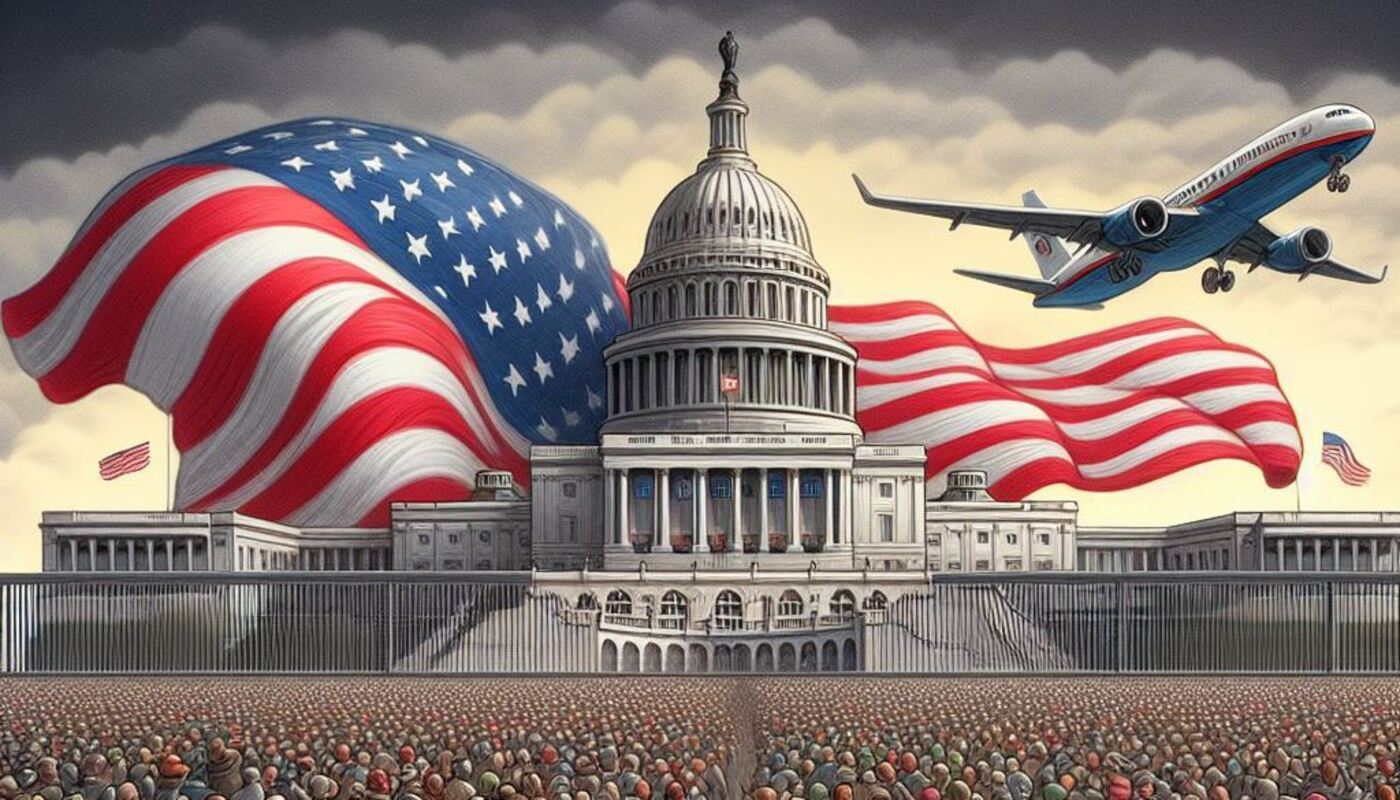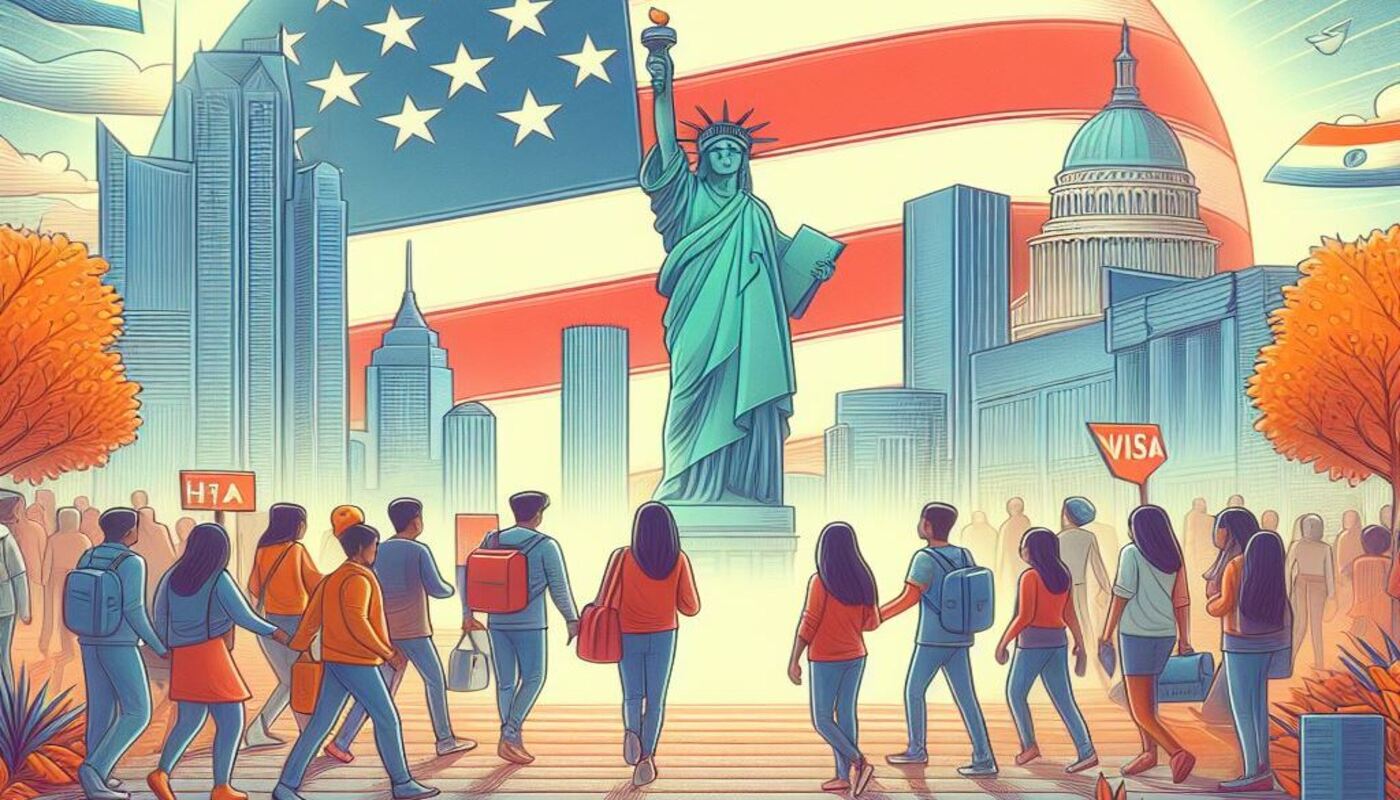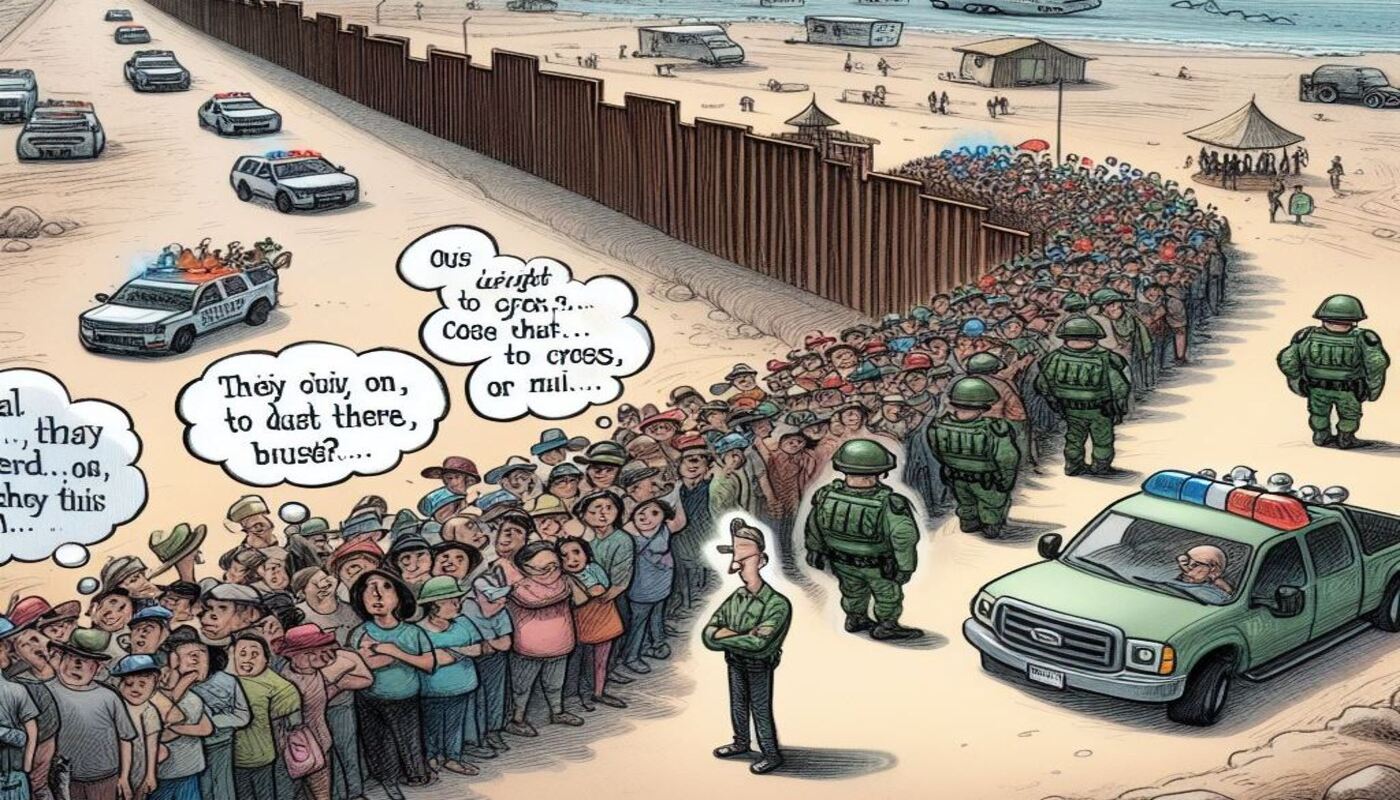WASHINGTON – In a joint effort with the Department of Labor (DOL), the Department of Homeland Security (DHS) has announced the provision of an extra 64,716 H-2B temporary nonagricultural worker visas for Fiscal Year (FY) 2024. This comes as a supplement to the congressionally mandated 66,000 H-2B visas annually. The move aims to support American businesses, particularly in industries like hospitality, tourism, landscaping, and seafood processing, which heavily rely on seasonal and temporary workers to meet consumer demands.
The additional visas, the maximum allowed under the September 2023 Fiscal Year 2024 Continuing Resolution, respond to the persistent need for seasonal or temporary workers in areas where a shortage of U.S. workers exists. This initiative aligns with the Biden Administration’s commitment to expanding lawful pathways, offering an alternative to irregular migration.
The allocation includes safeguards for both U.S. and foreign workers, ensuring that employers prioritize recruiting American workers and prevent exploitation of foreign workers. The plan also complements recent proposed regulations by DHS and DOL to enhance worker protections in the H-2A and H-2B visa programs.
Secretary of Homeland Security Alejandro N. Mayorkas emphasized the commitment to economic growth, labor demand, and worker protection, stating, “We are using the tools that we have available to bolster the resiliency of our industries and release the maximum number of additional H-2B visas for U.S. businesses to ensure they can plan for their peak season labor needs.”
The supplemental visas include an allocation of 20,000 visas to workers from specific countries, part of the administration’s efforts to build a safe and orderly immigration system. Additionally, 44,716 visas will be available to returning workers who have received an H-2B visa in the last three fiscal years, with allocation spread across the first and second halves of the fiscal year to accommodate varying seasonal demands.
The H-2B program allows employers to hire noncitizens for temporary nonagricultural labor or services. Employers must demonstrate a lack of available and qualified U.S. workers and adhere to regulations that prevent adverse impacts on the wages and conditions of U.S. workers.
The forthcoming temporary final rule implementing this visa allocation is expected to include provisions ensuring the protection of both U.S. and H-2B workers, further strengthening the integrity of the program.
Source: DHS

















